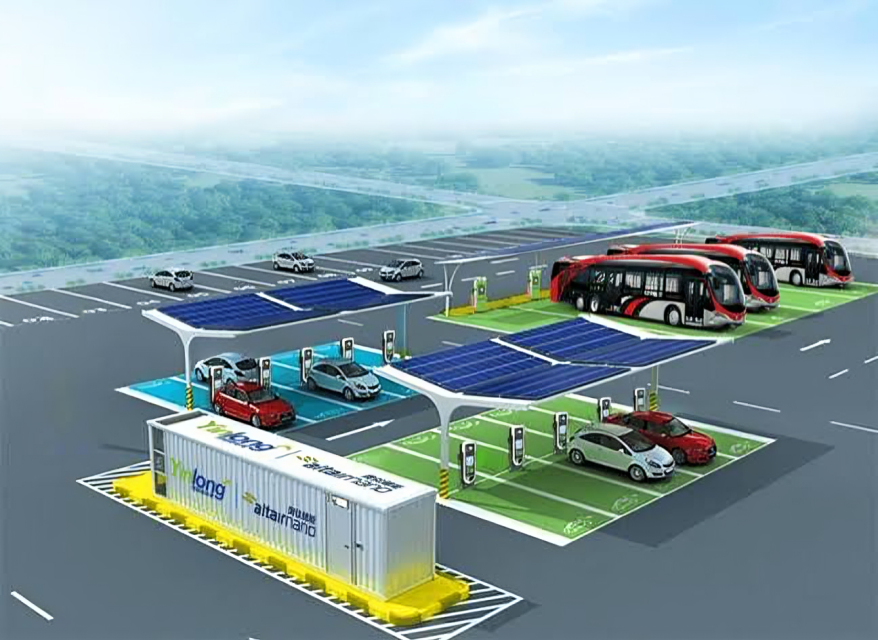A South African firm is setting up a network of charging stations for electric vehicles (EVs), including electric trucks, across the country. The company, Zero Carbon Logistics, has entered into a partnership with a Chinese company to build infrastructure between Johannesburg and Durban.
Zero Carbon Logistics confirmed this week that it has signed a Memorandum of Understanding (MOU) with Chinese multinational company SANY. SANY will be their official technology provider for the planned rollout of an off-grid electric truck charging network on the N3. This major route, used by over 8,576 trucks daily, is one of the busiest truck routes in the country.
The MOU was signed at SANY’s Premium Customer Summit for Africa BU2024 in China. This summit showcased new innovations in the manufacturing of electric trucks and electric charging technologies. Over the past few years, SANY has invested billions into research and development to develop electric heavy machinery and the necessary charging infrastructure.
Joubert Roux, co-founder of Zero Carbon Logistics, expressed excitement about the partnership. “We are thrilled to be partnering with global electro-mobility leader SANY for the development and long-term operation of the six solar-powered truck charging sites that we will be initially building along the N3 highway. Their technical expertise and superior design capabilities will ensure these facilities offer ultra-fast, seamlessly integrated green charging technology that will be able to charge trucks within 20 minutes with chargers or perform battery swapping in under five minutes,” Roux said.
These six charging stations will be part of a larger network of 120 truck charging stations that Zero Carbon Logistics plans to develop on major freight routes across South Africa. The permitting process for these six sites has begun due to the lengthy and challenging nature of such processes. The company expects these stations to be operational within the next 24 months.
In addition to working on the N3 charging stations, the MOU also includes plans for both parties to collaborate on the introduction and supply of overseas-manufactured electric trucks and battery technology in South Africa. This collaboration aims to support the country’s transition to electric transportation.
Roux emphasized the need for government incentives to achieve net-zero transport by 2050. “If the government wants to realize its goal of achieving net-zero transport by 2050, it needs to introduce real incentives to encourage South Africans to choose electric vehicles or electric trucks over internal combustion models. This must include opening the market to cheaper imported models by implementing a six-year tax holiday on the import of EVs. This is the only way we will achieve real penetration of EVs in the country, which will also create a conducive environment for local EV and battery manufacturing,” Roux said.
A mass transition to electric trucks, however, could place significant strain on the country’s predominantly coal-fired national grid. The electricity required to charge the 8,576 trucks using the N3 daily would add an additional 2.3 billion kWh/year in electricity demand to the grid. Therefore, it is critical that the country starts investing in charging infrastructure to power these electric trucks.
Zero Carbon Charge’s research shows that an electric truck charged by the Eskom network could emit 37.5% more CO2e emissions per kilometer compared to an equivalent diesel-powered truck. The development of a green charging network is crucial to prevent an increase in CO2 emissions that could result from a transition to electric trucks.
Zero Carbon Logistics has already secured agreements with landowners for 90 of the 120 off-grid electric truck charging sites it plans to build on long-haul routes across the country. The permitting process for the first six sites on the N3 has also started, with the aim of having these charging stations operational by November 2027.
To speed up the development of national EV charging infrastructure and promote renewable energy, the national government must create a regulatory framework. This framework should include less stringent land use and environmental application processes for establishing solar-powered charging stations.



